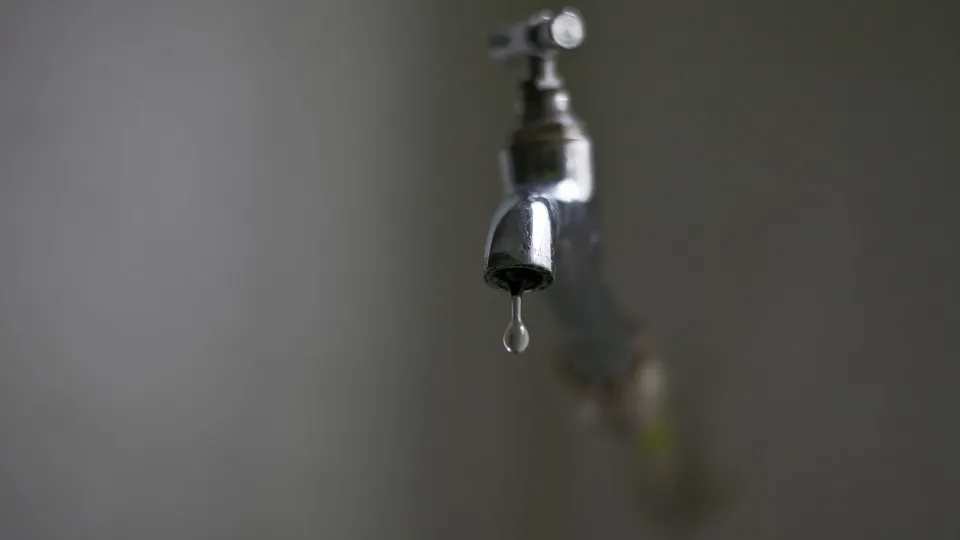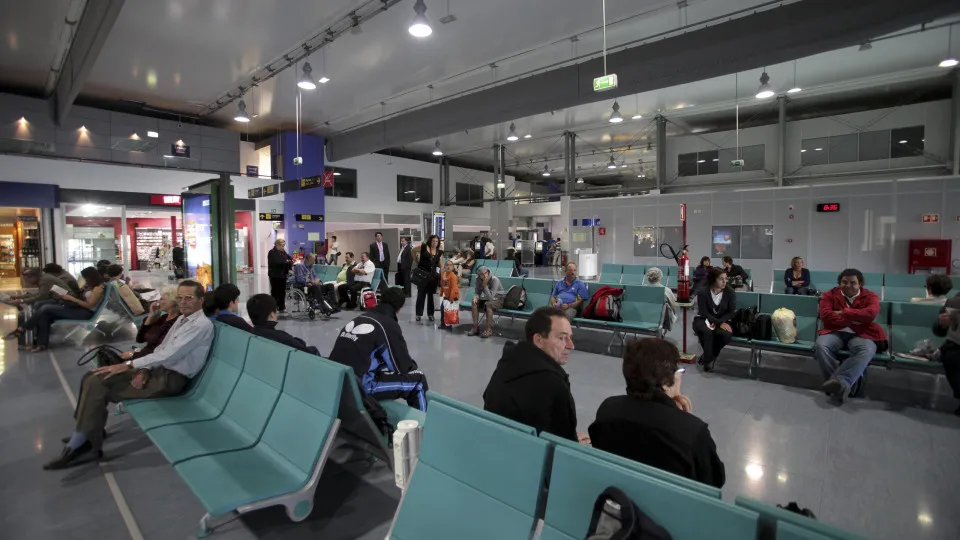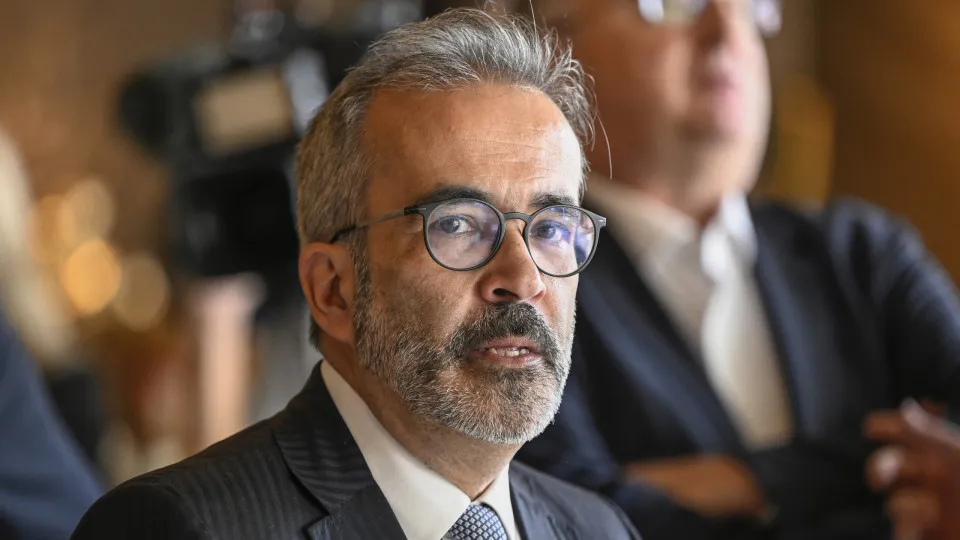
The ERSAR has presented the 2025 Annual Report on Water and Waste Services, revealing that in 2024, the “Safe Water” indicator reached 98.86%.
“This is the 10th consecutive year the country records a 99% value in this indicator, which measures tap water quality for consumers,” stated a report released just before National Water Day.
Last year, over 600,000 tests were conducted in accredited laboratories, confirming the trend of “excellence in quality for human consumption water” for the tenth consecutive year.
“The value of this indicator reflects water quality control both through the performance of the minimum number of regulatory analyses outlined in the Water Quality Control Programs approved by ERSAR and through compliance with water quality standards (of parametric values) in performed analyses,” the report noted.
The data published today reveals that 225 municipalities (81%) demonstrated exceptional quality for human consumption water (safe water = 99%), four more municipalities than in 2023.
There were 51 municipalities with safe water above 95% but below the 99% target, with two municipalities not achieving the safe water level above 95% (Tondela, 93.29% and Marco de Canavezes, 94.77%).
Within the report, ERSAR’s Board Chair, Vera Eiró, emphasized the importance of promoting adherence to the water service, asserting that safe water for all users “is only guaranteed through connection to the public supply system.”
ERSAR noted that although residual and also subject to control, some “issues” regarding water quality remain in locations where fountains are still the only water source.
According to the RASARP, there were no epidemiological outbreaks associated with the consumption of water from public supply systems last year.
In 2024, as part of its regulatory activities, ERSAR inspected 17% of management entities, initiating 194 cases involving potential infractions.
The Food and Economic Safety Authority (ASAE) conducted 86 inspections of private water supply systems (industry, slaughterhouses, restaurants), identifying 21 non-compliances with water quality regulations and 16 establishments with infraction issues, leading to the suspension of activity in six establishments.




